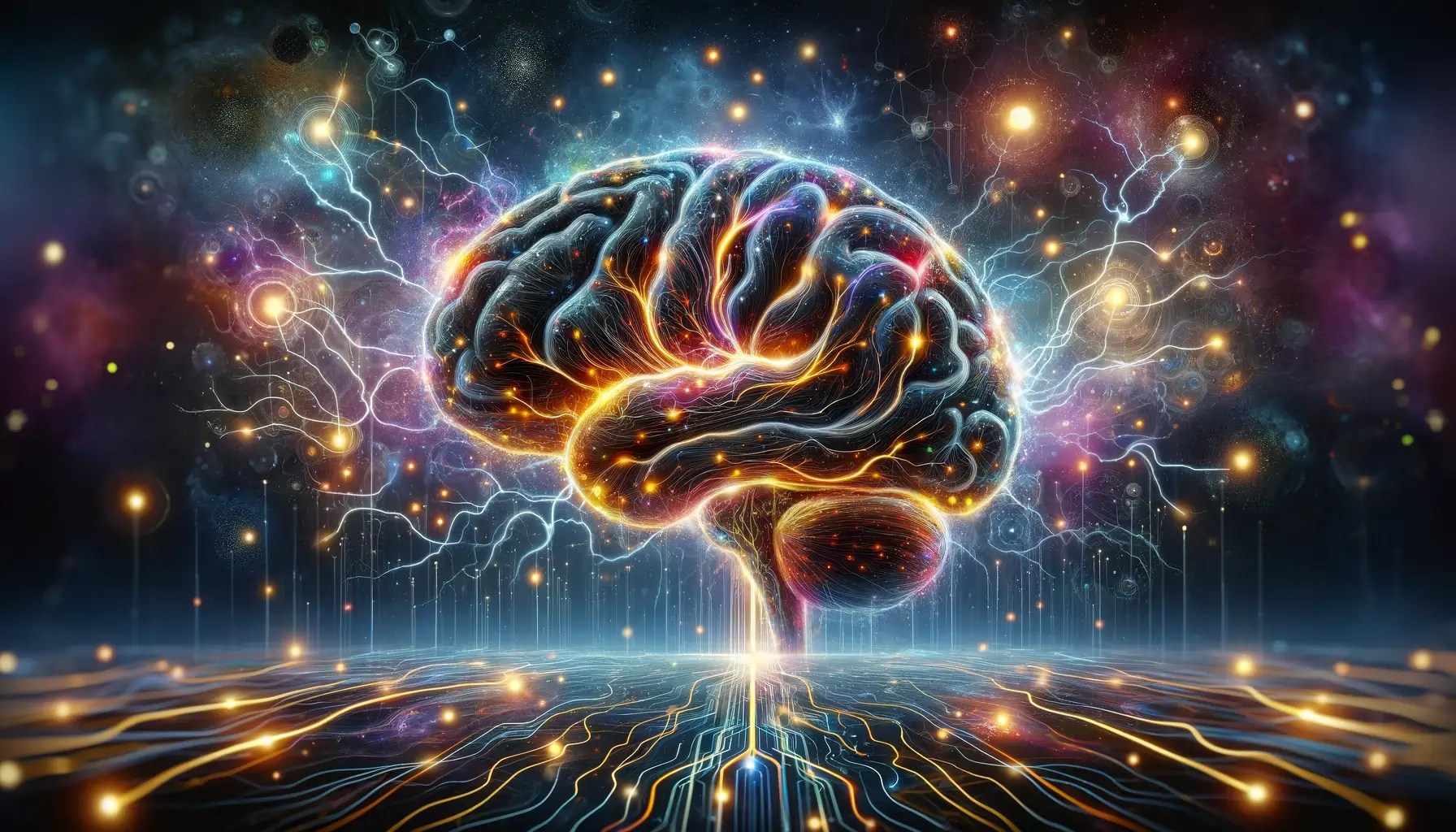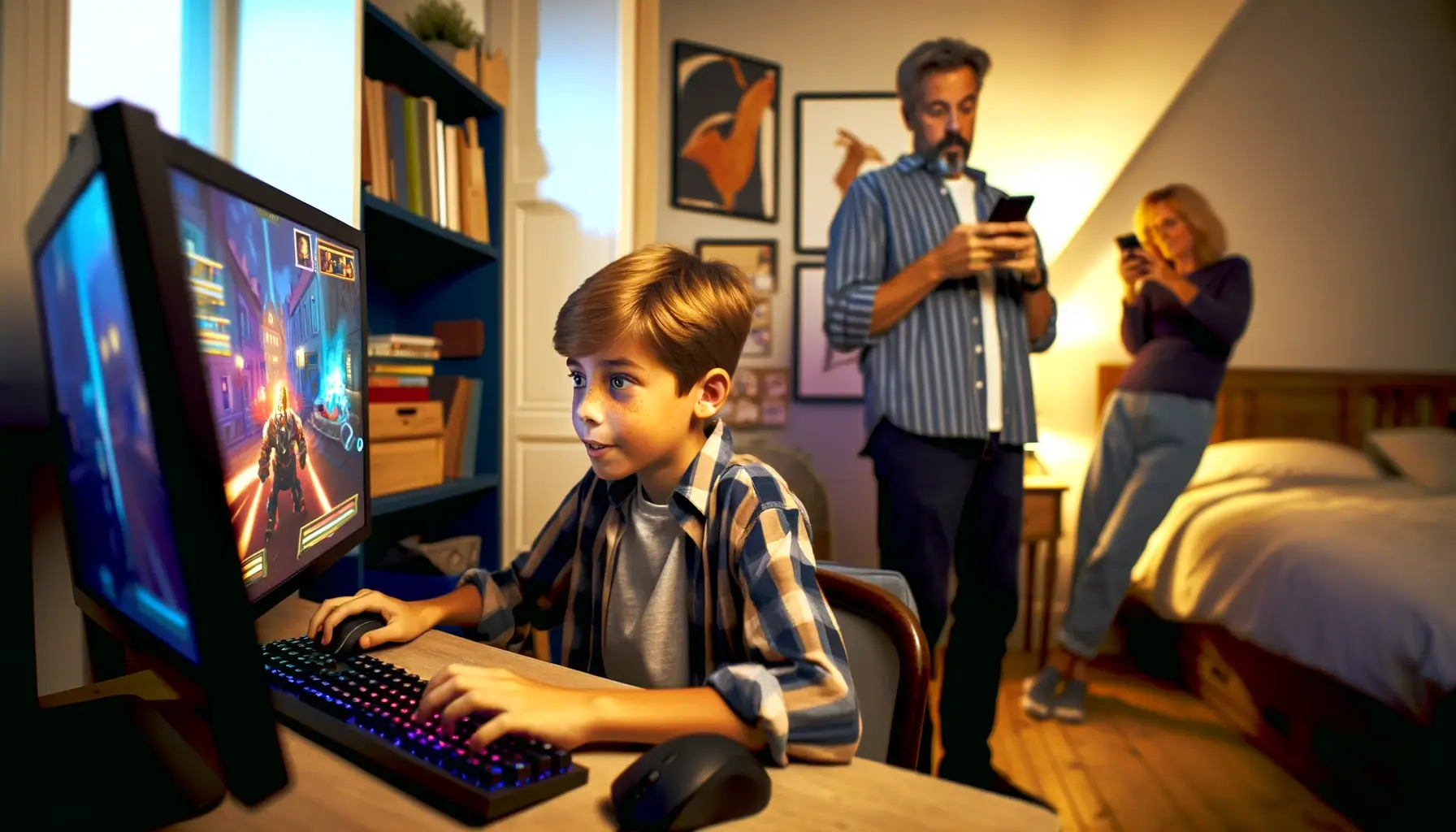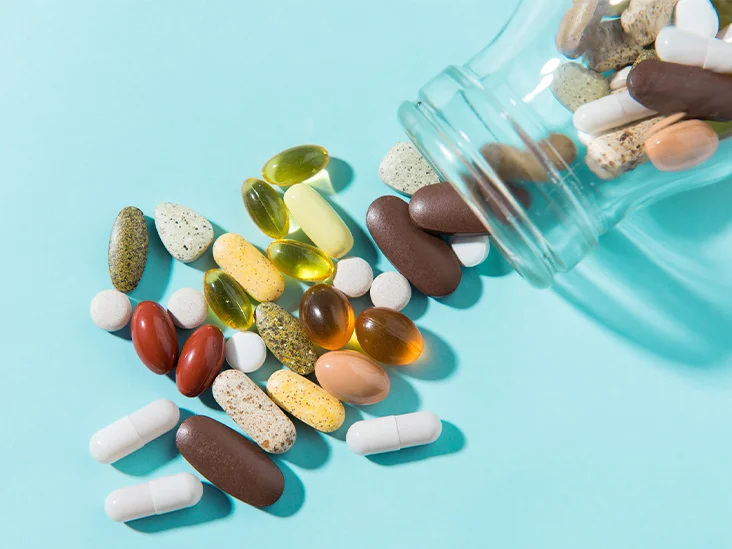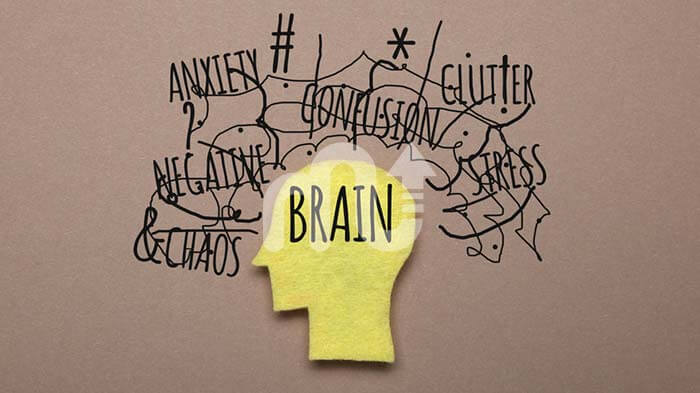
When the curtain rises on receiving an ADHD diagnosis, it's akin to being handed a script in a language only partly familiar. For many, this diagnosis illuminates a path through previously baffling behaviors—providing relief. Yet, for others, it stirs a pot of uncertainty about what lies ahead.

As a psychotherapist specializing in ADHD, it is almost a given to encounter clients with comorbid anxiety disorders. Given that approximately 20% of adults in the United States are affected by an anxiety disorder annually, it is not surprising that these two conditions frequently coexist.

Over the last decade, a fascinating chapter in medical research has unfolded, underscoring a profound link between our mental health and an unexpected ally—our gut microbiome.

In the labyrinth of the digital age, our lives intertwine with screens in a complex dance of necessity and indulgence. As a psychotherapist delving into the crevices of human behavior and mental health, I've witnessed firsthand the transformative power and potential pitfalls of our digital engagements.

According to the National Institute of Mental Health (NIMH), up to 50% of individuals with ADHD experience anxiety. In this article, we will delve deep into the relationship between ADHD and anxiety, discussing their co-occurrence, symptoms, impact on daily life, diagnosis, treatment, and the latest research findings.

While pharmacotherapies, including psychostimulant medications, remain the cornerstone of evidence-based treatment, concerns over side effects and long-term efficacy have led families to explore alternative treatments, including nutritional supplements.

Self-advocacy, a skill meticulously honed to facilitate growth, is the art of eliciting support for one's requirements. It is not merely an ability; it's a viable strategy designed to enhance one's life experience.

With the increasing prevalence of ADHD in the general population, it is becoming increasingly necessary for workplaces to accommodate these individuals, promoting their productivity while ensuring they thrive in their professional environments.